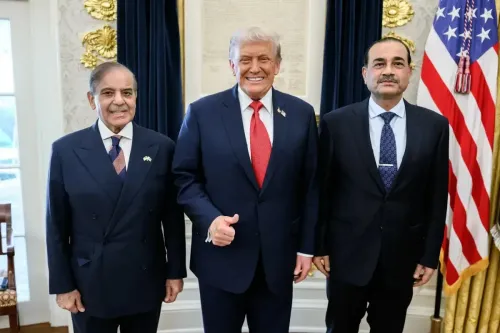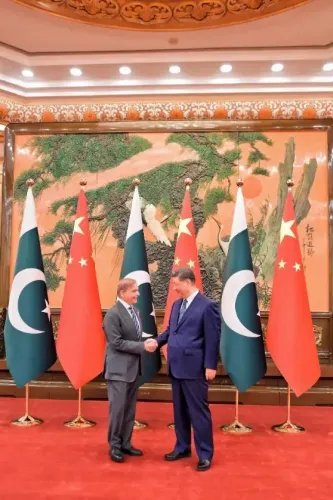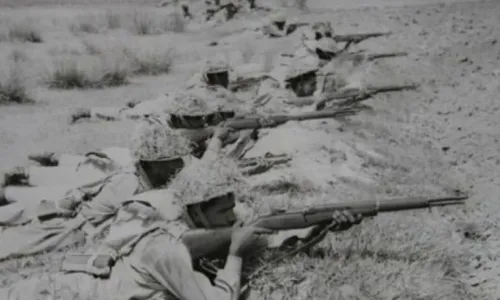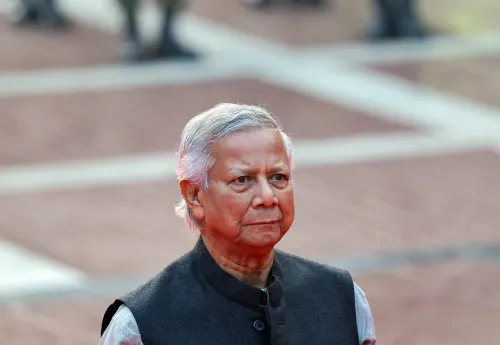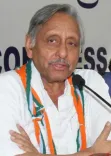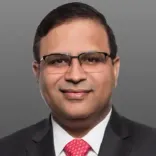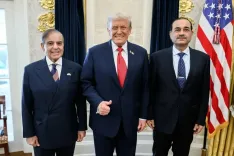How is the OSCE Commemorating the 50th Anniversary of the Helsinki Final Act?
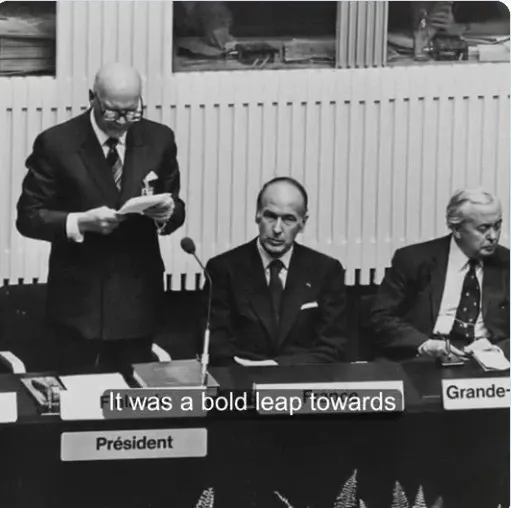
Synopsis
Key Takeaways
- 50th Anniversary of the Helsinki Final Act celebrated with renewed calls for cooperation.
- Importance of dialogue highlighted by leaders amidst geopolitical tensions.
- Launch of the Helsinki+50 Fund to support OSCE's mission.
- Commitment to shared values of peace and security emphasized.
- Geopolitical challenges necessitate revisiting fundamental principles.
Helsinki, Aug 1 (NationPress) A gathering of senior officials, leaders from civil society, and representatives from international organizations took place in Helsinki to commemorate the 50th anniversary of the Helsinki Final Act, emphasizing the need for dialogue, cooperation, and shared security in light of current geopolitical challenges.
This event, referred to as Helsinki+50, was organized by the Organisation for Security and Co-operation in Europe (OSCE) and held at Finlandia Hall, with Finland serving as the host nation holding the OSCE chairmanship for 2025.
In his opening remarks, Finnish President Alexander Stubb reiterated Finland's dedication to the accord. "In Finland, the choice is crystal clear. We want to continue building a Europe based on common rules and principles, through dialogue and cooperation," he stated. He noted that the principles of the Helsinki Final Act—comprehensive security and peaceful conflict resolution—are under serious threat but remain more crucial than ever.
OSCE Secretary-General Feridun H. Sinirlioglu emphasized that relying solely on military deterrence cannot secure peace, as reported by Xinhua news agency. "Military deterrence alone can lead to an arms race and be destabilising," he warned. "Security must be ensured through cooperation, which requires dialogue. That is the living legacy of the Helsinki Final Act."
Sinirlioglu cautioned that the current international order is visibly strained and called for an "honest discussion of what went wrong."
"The choices we make in the coming weeks and months will determine what the world of our future generations will look like," he added. "We need to recommit to the fundamentals and work together."
In a video address, UN Secretary-General Antonio Guterres referred to the Helsinki Final Act as the crystallization of Cold War diplomacy wisdom, serving as a lasting framework for peace. He pointed to the war in Ukraine, increasing regional tensions, and the decline of multilateralism as threats to the international order rooted in the UN Charter and international law. "We cannot allow the rules-based order to collapse in our time," he warned. "We must uphold the shared values of peaceful coexistence, mutual trust, cooperation, and human rights."
"We need the principles embodied in the Helsinki Final Act more than ever," Guterres stated.
During a focused session at the conference, OSCE Chairperson-in-Office and Finnish Foreign Minister Elina Valtonen announced the launch of the Helsinki+50 Fund, aimed at enhancing the OSCE's operational capacity and management of voluntary contributions.
"The Fund helps to improve the use of voluntary funding for the OSCE to deliver on its mandate, rooted in our shared principles and commitments," said Valtonen.
So far, 16 OSCE participating states have pledged support for the fund, contributing nearly 16.5 million euros ($18.83 million).
Signed on August 1, 1975, by 35 countries including the United States, Canada, and most European nations, the Helsinki Final Act marked a Cold War-era agreement that helped diminish East-West tensions while fostering cooperation in security, economic development, and human rights. This agreement laid the groundwork for the current OSCE. (1 euro = 1.14 US dollar)

